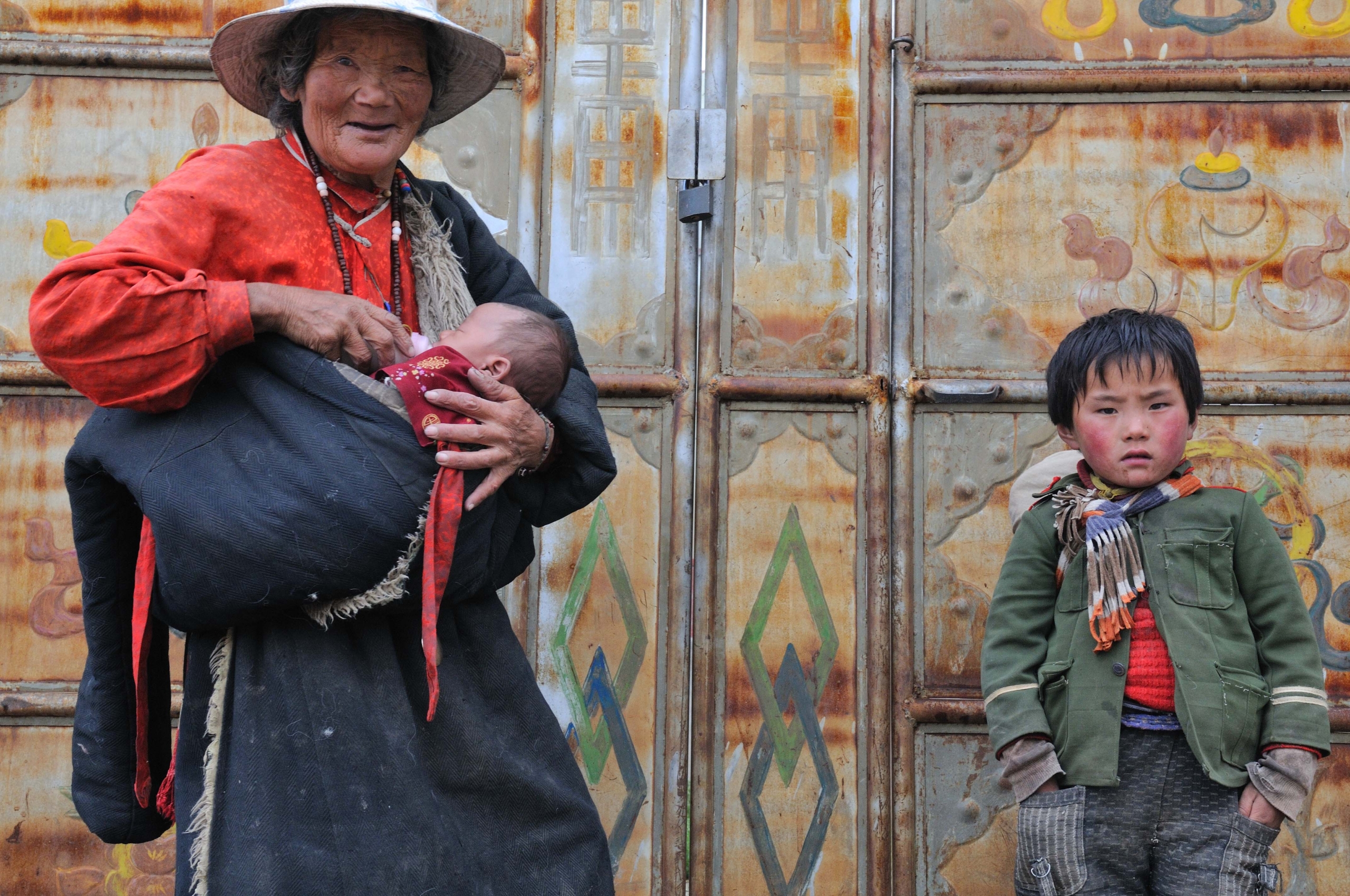Poverty and Single Mothers in China
 Divorce serves as a primary catalyst in the formation of households with one parent. Due to the rise in divorce rates observed across several countries, the issue of single parenthood has gained significant attention on both a global and local scale.
Divorce serves as a primary catalyst in the formation of households with one parent. Due to the rise in divorce rates observed across several countries, the issue of single parenthood has gained significant attention on both a global and local scale.
The crude divorce rate, which measures the number of divorce decrees granted per 1,000 people, has seen a rise over the decade in mainland China. It increased from 1.85 in 2009 to 3.36 in 2019. The percentage of parents who are single and have children under 18 years old has risen from 3.9% in 2001 to 5.9% in 2016. Out of this group, 78% are single mothers in China raising their children alone.
Economic Challenges Faced by Single Mothers
From an economic standpoint, single mothers in China face challenges in accessing resources and public services available to them due to the absence of a husband. The responsibility of looking after children limits their chances of finding employment, making it challenging for them to secure jobs. As a result, families headed by women without husbands are at risk of experiencing poverty. Furthermore, due to the transmission of disadvantage and social status across generations, their children are likely to live in poverty as they grow older.
Even though single mothers in China may be part of the job market, they tend to experience less work and salary stability than single fathers. In 2016, single-mother families in Hong Kong had a household income of HKD 13,780 ($1778.20), whereas single-father families had a slightly higher figure of HKD 18,000 ($2307.70).
Single mothers, typically, allocate around 50% of their overall income towards childcare expenses monthly. This is not solely due to the difficulties faced by single moms but also because they have high hopes and dreams for their children’s future.
Sylvia Chant, a Professor of Development Geography at LSE, coined the phrase “feminization of poverty” to describe single mothers’ struggles as they strive to lift their families out of poverty.
Further Impacts of Single Parenthood
The Family Stress Model considers how maternal distress affects how adolescents internalize and externalize problems in families. This experience is incredibly challenging for mothers as they may feel negative emotions such as depression, frustration and feelings of abandonment because of the loss of their marital relationship.
Evidence suggests maternal depression was linked to lower mental health in their children because the negative emotions of single mothers could pass off to the kids.
Gender-Blind Poverty Alleviation and UN Initiative
China’s poverty alleviation policy has a general deficiency in gender sensitivity, inadequate consideration of the specific needs of poor women and a lack of emphasis on addressing single mothers’ challenges.
The United Nations Sustainable Development Goals have gained popularity in the efforts to eradicate income poverty and reduce all forms of poverty. This has led to the use of the term “preventing people from being left.” China, as a participant in this U.N. initiative, has implemented one of the poverty alleviation programs globally.
On the other hand, The Sichuan Haihui Poverty Alleviation Center, an NGO based in Chengdu, has launched a fundraising initiative that focuses on a group: mothers. The project, called “Moms Wishes” — Making Single Mothers Dreams Come True, aims to select 40 mothers between the ages of 25 and 45 from Daying County, Sichuan Province. These mothers should have a family income below 1,000 yuan ($138). The project’s objective is to provide assistance to help these women fulfill their dreams whether they are related to parenting, purchasing items or personal development. Additionally, the long-term goal of the project is to establish support networks (both in person and online) and systems that can benefit women who are raising their children alone.
Single mothers deserve recognition and appreciation. This includes those who may be considered unconventional, facing challenges in their journey and the determined individuals who willingly take on the responsibility of parenting alone. There is also a need to acknowledge the ones who have chosen to divorce for their children’s betterment and well-being. Currently, these incredible women are raising 19 million children.
– Aysu Usubova
Photo: Flickr
